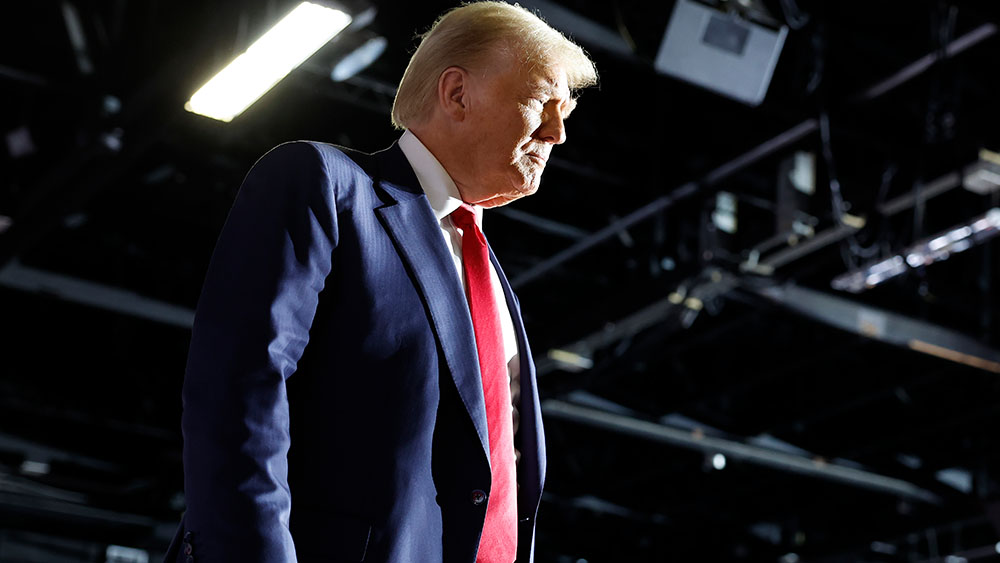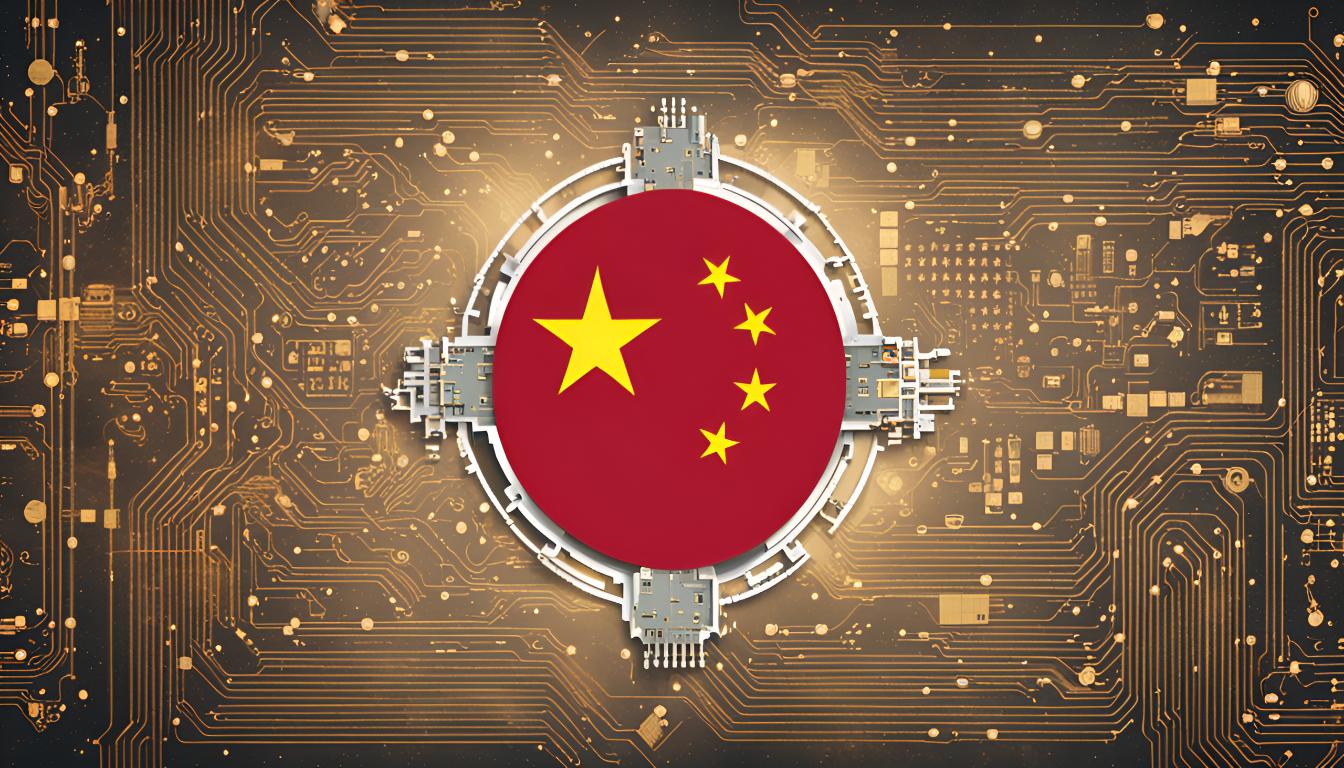Supreme Court upholds TikTok ban, setting stage for Trump’s next move
01/19/2025 / By Cassie B.

- The U.S. Supreme Court upheld a law requiring TikTok to be sold by its Chinese parent company, ByteDance, or face a ban in the U.S.
- The ruling balances national security concerns against free speech, with Congress citing risks of data exploitation by China.
- TikTok argues the law threatens free speech, as it could force the app to “go dark” if ByteDance doesn’t divest.
- The decision places enforcement responsibility on the incoming Trump administration, which may extend the 90-day divestiture deadline.
- The case highlights the challenges of regulating technology amid geopolitical tensions and rapid innovation.
In a landmark decision, the U.S. Supreme Court on Friday upheld a federal law requiring TikTok to be sold by its Chinese parent company, ByteDance, or face a ban in the United States. The ruling, delivered just two days before the law’s Sunday deadline, marks a pivotal moment in the ongoing clash between national security concerns and free speech rights.
With nearly half of all Americans—approximately 170 million users—relying on the platform for entertainment, communication, and community, the decision has far-reaching implications. As President-elect Donald Trump prepares to take office, the fate of TikTok now rests in his hands, raising questions about whether the app will survive under new ownership or vanish from U.S. app stores.
National security vs. free speech
The Supreme Court’s unanimous ruling affirmed that the law, passed by Congress last April with overwhelming bipartisan support, does not violate the First Amendment. The justices acknowledged TikTok’s role as a “distinctive and expansive outlet for expression” but emphasized that Congress had legitimate national security concerns.
“Congress has determined that divestiture is necessary to address its well-supported national security concerns regarding TikTok’s data collection practices and relationship with a foreign adversary,” the court stated in its unsigned opinion.
The Biden administration had argued that TikTok’s Chinese ownership poses a “grave threat” to U.S. security, citing fears that the Chinese government could exploit the app to collect sensitive data on Americans or manipulate content to advance its interests. Justice Department lawyer Elizabeth Prelogar warned that China could “weaponize TikTok at any time to harm the United States.”
TikTok and its supporters, however, framed the case as a free speech issue. Noel Francisco, the lawyer representing TikTok and ByteDance, argued that the law would force the app to “go dark” unless ByteDance divests, effectively silencing one of America’s most popular speech platforms.
With the ban set to take effect Sunday, TikTok’s future remains uncertain. The app, known for its powerful algorithm and short-form videos, has become a cultural phenomenon, particularly among younger Americans. If the ban proceeds, users may flock to alternative platforms like Instagram Reels, YouTube Shorts, or emerging apps hoping to fill the void.
The timing of the Supreme Court’s decision places the responsibility for enforcing the ban on the incoming Trump administration. While Trump has expressed a “warm spot” for TikTok, citing its role in his 2024 campaign outreach to young voters, his stance represents a reversal from his first term, when he sought to ban the app.
Trump’s team has signaled openness to keeping TikTok alive if a viable deal is reached. Mike Waltz, Trump’s incoming national security adviser, said the administration would “put measures in place to keep TikTok from going dark,” potentially extending the 90-day divestiture deadline if significant progress is made. TikTok CEO Shou Zi Chew, who is set to attend Trump’s inauguration, may play a key role in negotiations.
A test for the Digital Age
The Supreme Court’s decision underscores the challenges of regulating technology in an era of rapid innovation and geopolitical tension. While the justices deferred to Congress on national security grounds, they acknowledged the “inherent narrowness” of their ruling, leaving the door open for future cases involving similar technologies.
As the clock ticks down to Sunday, the TikTok saga highlights the delicate balance between safeguarding national security and preserving free expression. With Trump’s inauguration just days away, the world will be watching to see whether TikTok survives under new ownership or becomes a casualty of the U.S.-China rivalry. The Supreme Court’s ruling on TikTok sets the stage for a high-stakes showdown between national security and free speech.
Sources for this article include:
Submit a correction >>
Tagged Under:
banned, Big Tech, Censorship, China, free speech, freedom of speech, Social media, TikTok, Trump
This article may contain statements that reflect the opinion of the author
RECENT NEWS & ARTICLES
COPYRIGHT © 2017 FUTURETECH.NEWS
All content posted on this site is protected under Free Speech. FutureTech.news is not responsible for content written by contributing authors. The information on this site is provided for educational and entertainment purposes only. It is not intended as a substitute for professional advice of any kind. FutureTech.news assumes no responsibility for the use or misuse of this material. All trademarks, registered trademarks and service marks mentioned on this site are the property of their respective owners.


















